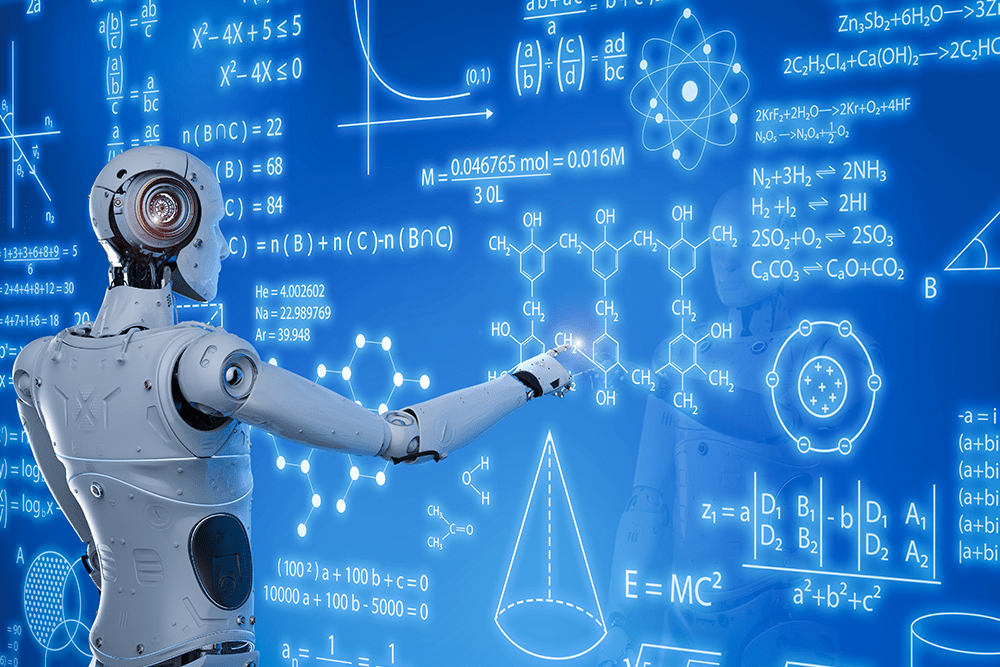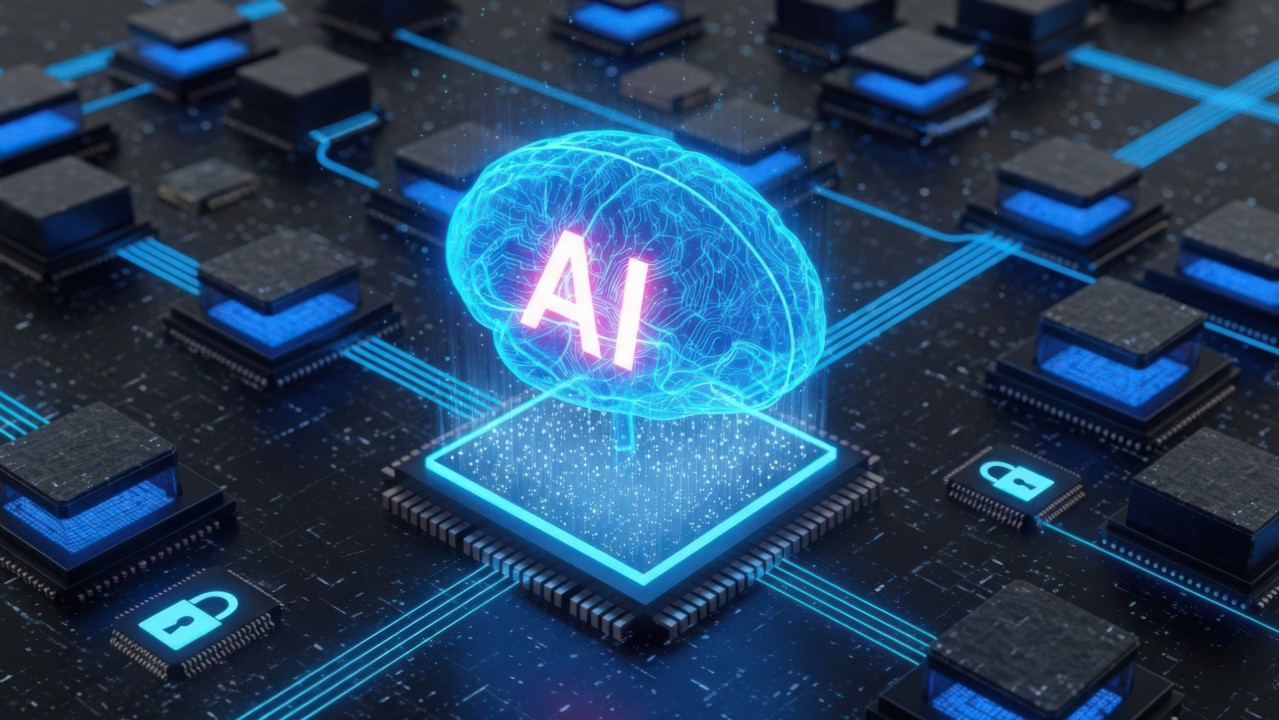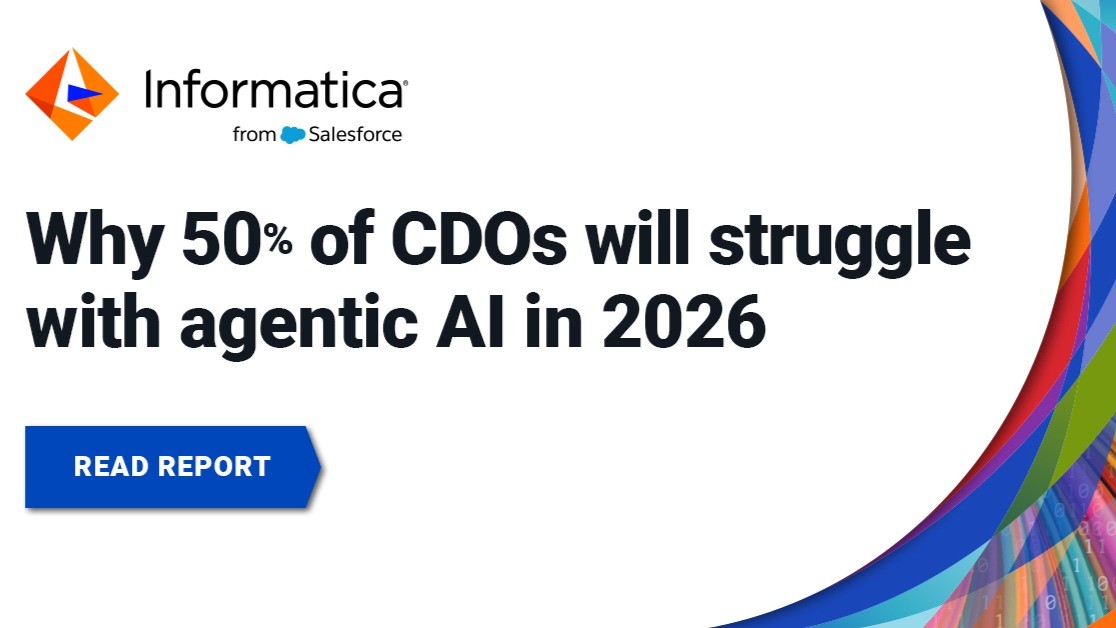The Amazing Ways How Unilever Uses Artificial Intelligence To Recruit & Train Thousands Of Employees
2 July 2021
It’s hard to live a day in the developed world without using a Unilever product. The multinational manufactures and distributes over 400 consumer goods brands covering food and beverages, domestic cleaning products and personal hygiene.

With so many processes to coordinate and manage, artificial intelligence is quickly becoming essential for organizations of its scale. This applies to both research and development as well as the huge support infrastructure needed for a business with 170,000 employees.
Recently it announced that it had developed machine learning algorithms capable of sniffing your armpit and telling you whether you are suffering from body odors. While this may seem like “using a sledgehammer to crack a walnut,” the technology which has been developed could well go on to be used to monitor food for freshness, helping to solve the problem of food overproduction and waste endemic in society.
As well as these smart, public-facing initiatives, though, artificial intelligence is being put to use behind the scenes to help screen and assess the more than one million people per year who apply for jobs with Unilever. If they make the grade and become one of the thousands who are offered a job, they have AI-powered tools to help them adjust to their new role and hit the ground running.
AI-enhanced recruiting
Unilever recruits more than 30,000 people a year and processes around 1.8 million job applications.
This takes a tremendous amount of time and resources. As a multinational brand operating in 190 countries, applicants are based all around the world. Finding the right people is an essential ingredient for success, and Unilever can’t afford to overlook talent just because it is buried at the bottom of a pile of CVs.
To tackle this problem, Unilever partnered with Pymetrics, a specialist in AI recruitment, to create an online platform, which means candidates can be initially assessed from their own homes, in front of a computer or mobile phone screen.
First, they are asked to play a selection of games that test their aptitude, logic, and reasoning, and appetite for risk. Machine learning algorithms are then used to assess their suitability for whatever role they have applied for, by matching their profiles against those of previously successful employees.
The second stage of the process involves submitting a video interview. Again, the assessor is not a human being but a machine learning algorithm. The algorithm examines the videos of candidates who answering questions for around 30 minutes, and through a mixture of natural language processing and body language analysis, determines who is likely to be a good fit.
Unilever’s chief of HR, Leena Nair, told me that around 70,000 person-hours of interviewing and assessing candidates had been cut, thanks to the automated screening system.
She said, “We look for people with a sense of purpose – systemic thinking, resilience, business acumen. Based on that profile, the games and the video interview are all programmed to look for cues in their behavior that will help us understand who will fit in at Unilever.”
Referring to the video interview analytics for their future leaders program, she tells me: “Every screenshot gives us many data points about the person, so we work with a number of partners and use a lot of proprietary technology with those partners, and then we select 3,500 or so people to go through to our discovery center.” After spending a day with real leaders and recruiters, Unilever selects about 800 people who will be offered a job.
The system is also designed to give feedback to all applicants, even those who aren’t successful.
“What I like about the process is that each and every person who applies to us gets some feedback,” Nair says.
“Normally when people send an application to a large company it can go into a ‘black hole’ – thank you very much for your CV, we’ll get back to you – and you never hear from them again.
“All of our applicants get a couple of pages of feedback, how they did in the game, how they did in the video interviews, what characteristics they have that fit, and if they don’t fit, the reason why they didn’t, and what we think they should do to be successful in a future application.
“It’s an example of artificial intelligence allowing us to be more human.”
So while Unilever isn’t quite ready to hand the entire recruitment process over to machines just yet, it has shown that it can assist with the initial “sift” when it comes to preliminary screening of applicants.
Robots to help you settle into the job
After making the grade, another machine-learning-driven initiative is helping new employees get started in their new roles – adapting to the day-to-day routines as well as the corporate culture at the business.
Unabot is a natural language processing (NLP) bot built on Microsoft’s Bot framework, designed to understand what employees need to know and fetch information for them when it is asked.
“We joke about the fact we don’t know whether it’s a man or a woman – it’s Unabot,” Nair tells me.
“Unabot doesn’t only answer HR questions, questions about anything that affects employees should be answered by Unabot, and it is now the front face for any employee question – they might ask it about IT systems, or about their allowances – so we are learning about what matters to employees in real time.”
Through interacting with employees, Unabot has learned to answer questions such as where parking is available, the timing of shuttle buses, and when annual salary reviews are due to take place.
Unlike, for example, Alexa or consumer-facing, customer-service corporate chatbots, Unabot must also be able to filter and apply information based on who it is speaking to. It is capable of differentiating the information it passes on based on both the user’s geographical location and their level of seniority within the company.
Unabot was first rolled out for employees based in the Philippines and is now operating in 36 countries. It has been selected as the next AI initiative that will be rolled out globally in all of Unilever’s 190 markets.
“It’s a new way of working,” Nair tells me, “We never go in and say it’s perfect so let’s roll it out in all countries,’ we learn what we can in one country and roll it out in the next one.”
Currently, all of its data comes from internal sources, such as company guidelines, schedules, policy documents and questions asked by the employees themselves. In the future, this could be expanded to include external data such as learning materials.
And although it’s early days, the initial analysis seems to show that the initiative is popular with staff – with 36% of those in areas where it is deployed having used it at least once, and around 80% going on to use it again.
One lesson learned early on was that the importance of providing a frictionless experience.
“So we’ve learned that you have to make anything that interacts with employees or consumers effortless,” Nair says.
“People interact in different ways – a policy document is written in a particular way, its three or four pages of what an employee shouldn’t do. But an employee tends to ask questions in very simplistic ways – how does this impact my life, where will I find this, what can I do?”
Machine learning – particularly NLP – can overcome this due to its ability to detect which questions are repeatedly asked, even if they are asked in different ways, and present the right information.
Related Articles
Why Reasoning Models Are The Next Leap In AI
By now, “smart” versions exist of just about every home appliance, gadget and gizmos we can think of. However, manufacturers continue[...]
The AI Trust Paradox: Why Confidence Is Rising Faster Than Readiness
By now, “smart” versions exist of just about every home appliance, gadget and gizmos we can think of. However, manufacturers continue[...]
Sign up to Stay in Touch!
Bernard Marr is a world-renowned futurist, influencer and thought leader in the fields of business and technology, with a passion for using technology for the good of humanity.
He is a best-selling author of over 20 books, writes a regular column for Forbes and advises and coaches many of the world’s best-known organisations.
He has a combined following of 4 million people across his social media channels and newsletters and was ranked by LinkedIn as one of the top 5 business influencers in the world.
Bernard’s latest book is ‘Generative AI in Practice’.






Social Media